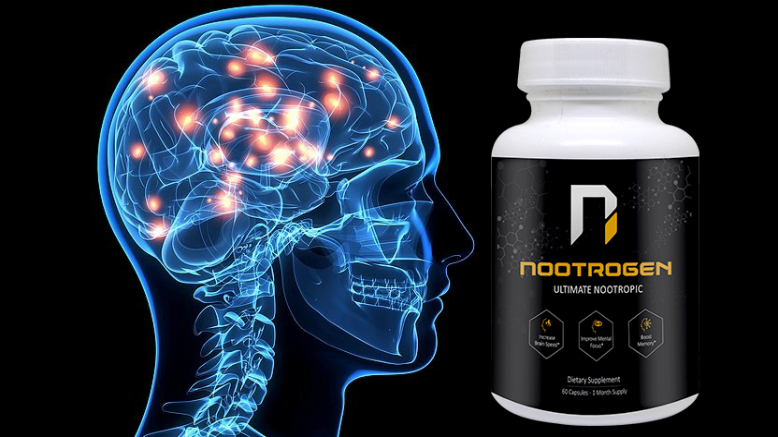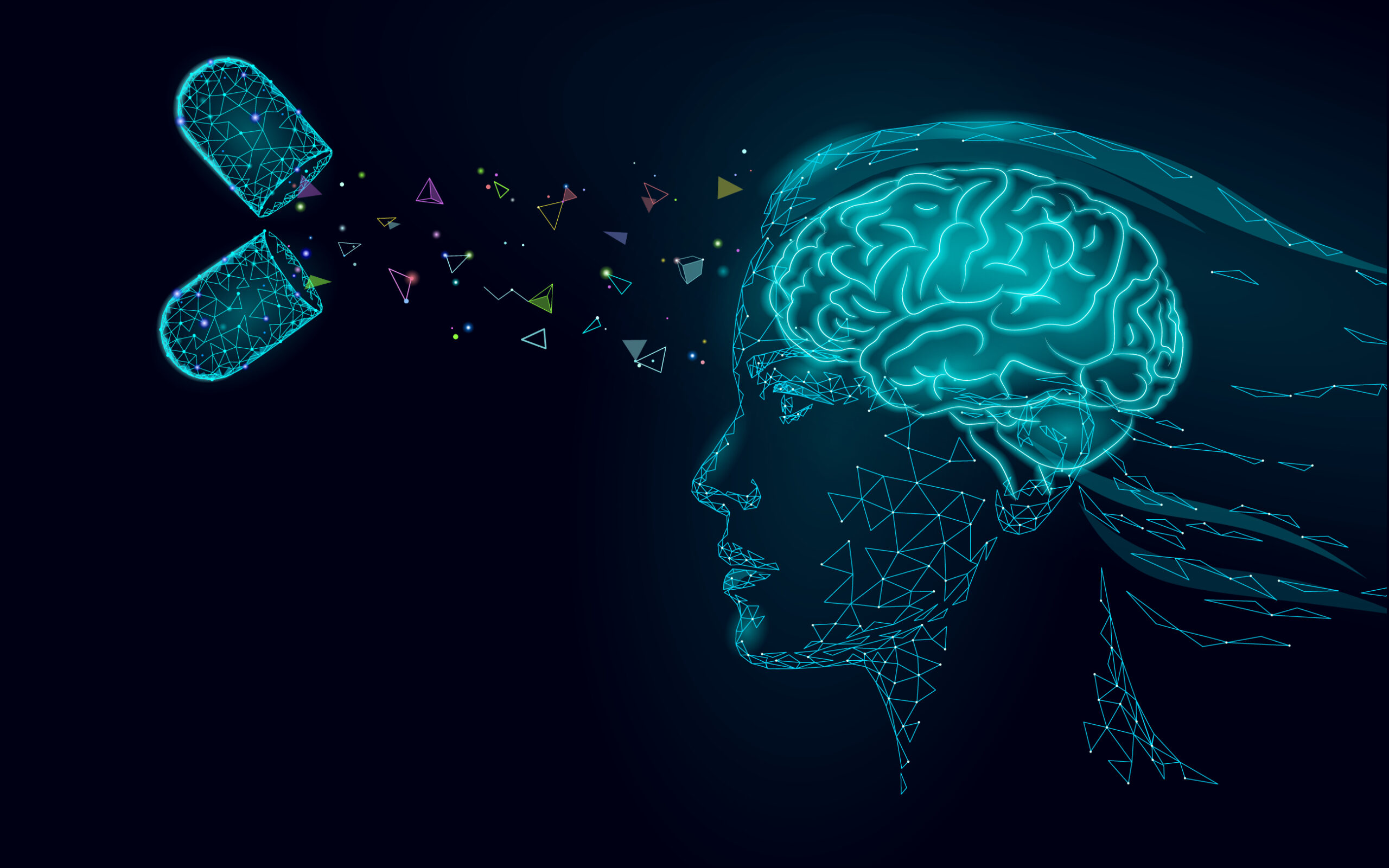Introduction
In the realm of cognitive enhancement and natural nootropics, Ashwagandha stands out as a time-tested herb with a rich history in traditional Ayurvedic medicine. Known for its adaptogenic properties and potential to support overall well-being, Ashwagandha nootropics have gained increasing recognition in recent years for their cognitive-enhancing benefits. In this comprehensive guide, we will explore the origins of Ashwagandha, its mechanisms of action, potential cognitive advantages, safe usage, and the role it plays in promoting mental clarity and cognitive performance.
Understanding Ashwagandha Nootropics
The Ancient Herb: Ashwagandha
Ashwagandha, scientifically known as Withania somnifera, is an adaptogenic herb native to India and parts of Asia. It has a long history in traditional Ayurvedic medicine and is revered for its wide-ranging health benefits. Ashwagandha has become increasingly popular in modern nootropic circles due to its potential cognitive-enhancing properties.
Origins and Usage
Ashwagandha has been used for centuries in Ayurvedic medicine to address various health concerns. It is known for its adaptogenic qualities, meaning it helps the body adapt to stress and maintain balance. Ashwagandha nootropics are often derived from the root of the plant and are available in various forms, including capsules, powders, and tinctures.
Mechanisms of Action
Adaptogenic Properties
One of the key mechanisms of Ashwagandha nootropics is their adaptogenic properties. Adaptogens help the body resist stress, balance hormones, and promote overall well-being. By reducing the impact of chronic stress, Ashwagandha may indirectly support cognitive function.
Neuroprotective Effects
Ashwagandha has demonstrated neuroprotective effects. It may help safeguard brain cells from damage caused by oxidative stress and neurotoxins, which contributes to improved cognitive function and overall brain health.
Benefits of Ashwagandha Nootropics
Stress Reduction and Anxiety Management
One of the most recognized benefits of Ashwagandha nootropics is their potential to reduce stress and anxiety. By modulating the body’s stress response and promoting relaxation, Ashwagandha can help alleviate symptoms of anxiety and improve mental well-being.
Cognitive Clarity and Focus
Users often report improved cognitive clarity, focus, and attention when using Ashwagandha nootropics. By mitigating the cognitive impairments caused by chronic stress, Ashwagandha can help individuals think more clearly and concentrate on tasks more effectively.
Enhanced Memory
Ashwagandha may have a positive impact on memory. Some users find that their memory recall and retention improve with regular use of Ashwagandha nootropics. This benefit can be particularly valuable for individuals looking to enhance their learning and retention abilities.
Mood Enhancement
Ashwagandha nootropics can have a positive influence on mood. By reducing stress and anxiety, they help create a more stable and positive emotional state, contributing to an improved sense of well-being.
Safe Usage and Dosage
Recommended Dosage
The appropriate dosage of Ashwagandha nootropics can vary depending on individual needs and goals. A common starting point is around 300-600 milligrams per day, although some individuals may require higher or lower doses. Users should adjust the dosage based on their response and desired effects.
Consultation with a Healthcare Professional
Before incorporating Ashwagandha nootropics into your daily routine, it is advisable to consult with a healthcare professional, especially if you have underlying medical conditions or are taking other medications. They can provide guidance on the correct dosage and ensure safe usage.
Potential Side Effects and Precautions
Minimal Side Effects
Ashwagandha nootropics are generally well-tolerated, with few reported side effects. The most common side effects may include mild gastrointestinal discomfort or drowsiness. These side effects are typically mild and can be mitigated by adjusting the dosage or discontinuing use if necessary.
Precautions
While Ashwagandha nootropics are considered safe for most users, it’s essential to exercise caution, especially if you are pregnant, nursing, or have a history of autoimmune diseases. Consult with a healthcare professional before using Ashwagandha nootropics in such cases.
Conclusion
Ashwagandha nootropics offer an intriguing avenue for those seeking cognitive enhancement, stress reduction, and mood improvement. With their adaptogenic and neuroprotective properties, Ashwagandha nootropics provide a natural approach to promoting cognitive clarity and overall mental well-being.
When considering Ashwagandha as part of your nootropic regimen, it’s crucial to start with a responsible dosage and consult with a healthcare professional for personalized guidance. As the world of nootropics continues to evolve, Ashwagandha remains a valuable asset for individuals looking to optimize their cognitive function and lead a life marked by reduced stress and improved mental performance.




